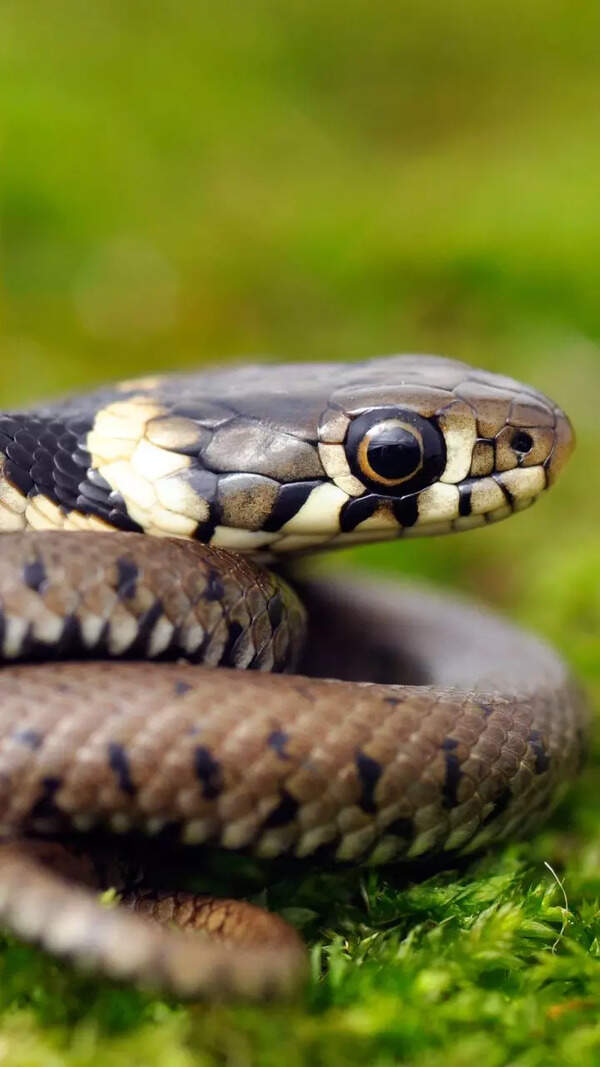Prehistoric 'dinosaur tree' comes back to life in a British backyard

Prehistoric 'dinosaur tree' comes back to life in a British backyard
Imagine planting a tree in your backyard that once grew when dinosaurs roamed the Earth. That’s exactly what happened in a village, where a prehistoric species thought to be extinct for millions of years has not only survived but still continues to live and reproduce. The Wollemi Pine, often referred to as a "dinosaur tree," dates back millions of years. It belonged to a time when Tyrannosaurus rex ruled the land and the world looked vastly different. For decades, scientists believed this ancient tree had vanished forever, wiped out by time and evolution, until a miraculous discovery in the late 90s that changed everything.

A tree from the age of dinosaurs
Once believed to have vanished with the dinosaurs, the Wollemi Pine surprised the scientists when a cluster of Wollemi Pines was found and alive. it was then rediscovered in 1994 in a hidden gorge near Sydney, Australia. Called a “living fossil,” this rare species dates back over 90 million years. Since its rediscovery, conservation efforts have focused on protecting and distributing the tree to prevent its extinction. These efforts have allowed rare specimens to be planted in gardens worldwide, including one that just made history in England.

A prehistoric surprise
In 2010, Pamela and Alistair Thompson planted a young Wollemi Pine sapling at their home in Malvern, Worcestershire. The tree, once 18 inches tall, now towers over 13 feet. This spring, Pamela discovered something astonishing, the tree had begun to bear fruit. “It would be amazing, absolutely amazing, to have seedlings and to propagate from the world’s rarest tree,” she told SWNS, expressing her surprise and excitement about this unexpected fruit in their English garden.

Why is the Wollemi Pine so special
The Wollemi Pine is one of the rarest and most ancient tree species known. Related to the monkey puzzle tree, it bears both male and female cones. The long, hanging structures are male cones, while the round, spiky ones are female. Its ability to reproduce in a non-native environment like England tells a lot about the resilience of the species and the success of global conservation initiatives with a goal of keeping it alive for future generations.

A garden hobby that led to a conservation victory
The Thompsons bought the tree for £70, not knowing they were planting a piece of Earth’s prehistoric past. Their dedication and care over 14 years have helped the tree survive in a new climate. “I saw a small tree for sale for more than $1,000, which shows just how rare they are,” Pamela said. With hopes of collecting and germinating seeds later this year, the couple is now part of a story that has gardening in some scientific legacy.

Opening the gates to the public
To share about their special tree, the Thompsons are opening their garden to visitors through the National Garden Scheme. Guests will be able to see the thriving Wollemi Pine up close and learn about its extraordinary journey from near-extinction to English soil. “That would be really something,” Pamela said, talking about the possibility of helping the species spread further. Their garden, Pear Tree Cottage, is now a proof of how a hobby can be all about global biodiversity conservation.








